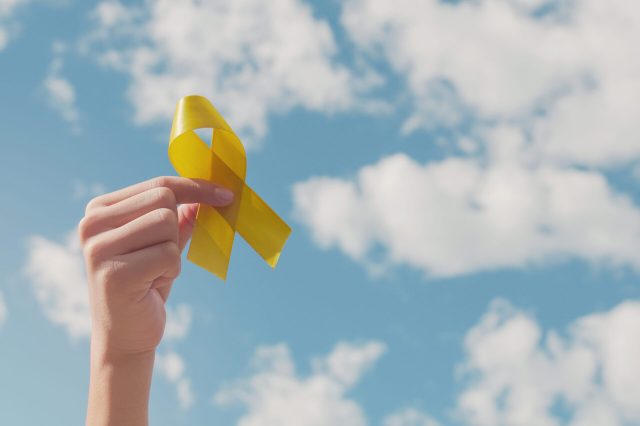Course Summary
Practice Level: Advanced
This course is part of SAMHSA’s Evidence-Based Resource Guide Series which is a comprehensive set of modules with resources to improve health outcomes for people at risk for, experiencing, or recovering from mental and/or substance use disorders. With a focus on community mental health the goal of this guide is to review the literature on treatment for suicidal ideation, self-harm, and suicide attempts among youth, distill the research into recommendations for practice, and provide examples of how practitioners can use these practices in their programs. The programs included in this guide focus on adolescents and young adults who are currently experiencing suicidal ideation, self-harm, and/or suicide attempts, and addresses risk factors unique to this population. The programs can be implemented by mental health professionals in a variety of settings, including schools, community mental health centers, residential facilities, or juvenile justice programs
Course Format
This course contains downloadable online lessons (PDF) and a practice test. When you’re ready, purchase the course by clicking the “Add To Cart” or “Enroll” button. This will let you take the test, complete the course evaluation and receive your certificate for CE credits.
Learning Objectives
- Differentiate terms associated with identifying and treating suicidal ideation, self-harm, and suicide attempts among youth
- Identify keys elements of and appropriate steps for implementing evidence-based programs designed for the treatment of suicidal ideation, self-harm, and suicide attempts among youth
- Describe findings and lessons learned from existing organizations that provide treatment services to address suicidal ideation, self-harm, and suicide attempts among youth
- Identify effective approaches to evaluate implementations and results of programs that treat suicidal ideation, self-harm, and suicide attempts among youth
Course Syllabus
- Evidence-Based Resource Guide Series Overview
- Introduction to the series
- Issue Brief
- Overview of current approaches and challenges to addressing suicidal ideation, self-harm, and suicide attempts among youth
- What Research Tells Us
- Current evidence on effectiveness of the following programs included in the guide to treat suicidal ideation, self-harm, and suicide attempts among youth:
- Dialectical Behavior Therapy
- Attachment-Based Family Therapy
- Multisystemic Therapy-Psychiatric
- Safe Alternatives for Teens and Youth
- Integrated Cognitive Behavioral Therapy
- Youth-Nominated Support Team-Version II
- Current evidence on effectiveness of the following programs included in the guide to treat suicidal ideation, self-harm, and suicide attempts among youth:
- Guidance for Selecting and Implementing Evidence-Based Programs
- Practical information to consider when selecting and implementing programs and practices to treat suicidal ideation, self-harm, and suicide attempts among youth
- Examples of Suicide Treatment Programs
- Examples of programs to treat suicidal ideation, self-harm, and suicide attempts among youth.
- Resources for Evaluation and Quality Improvement
- Guidance and resources for implementing programs and practices, monitoring outcomes, and improving quality.
Authors
SAMHSA
The Substance Abuse and Mental Health Services Administration (SAMHSA) is an agency within the U.S. Department of Health and Human Services. SAMHSA leads public health efforts that advance the behavioral health of the nation. On samhsa.gov SAMHSA states that its mission is to reduce the impact of substance abuse and mental illness on communities in America.
Accreditation Approval Statements
CE4Less.com is approved by the American Psychological Association to sponsor continuing education for psychologists. CE4Less.com maintains responsibility for this program and its content.
CE4Less.com, provider #1115, is approved as an ACE provider to offer social work continuing education by the Association of Social Work Boards (ASWB) Approved Continuing Education (ACE) program. Regulatory boards are the final authority on courses accepted for continuing education credit. ACE provider approval period: 08/08/21-08/08/24. Social workers completing this course receive 3 clinical continuing education credits.
CE4Less.com has been approved by NBCC as an Approved Continuing Education Provider, ACEP No. 6991. Programs that do not qualify for NBCC credit are clearly identified. CE4Less.com is solely responsible for all aspects of the programs.
Courses have been approved by CE4Less.com, as a NAADAC Approved Education Provider, for educational credits. NAADAC Provider #91345 CE4Less.com is responsible for all aspects of the programming.
We are committed to providing our learners with unbiased information. CE4Less never accepts commercial support and our authors have no significant financial or other conflicts of interest pertaining to the material.


